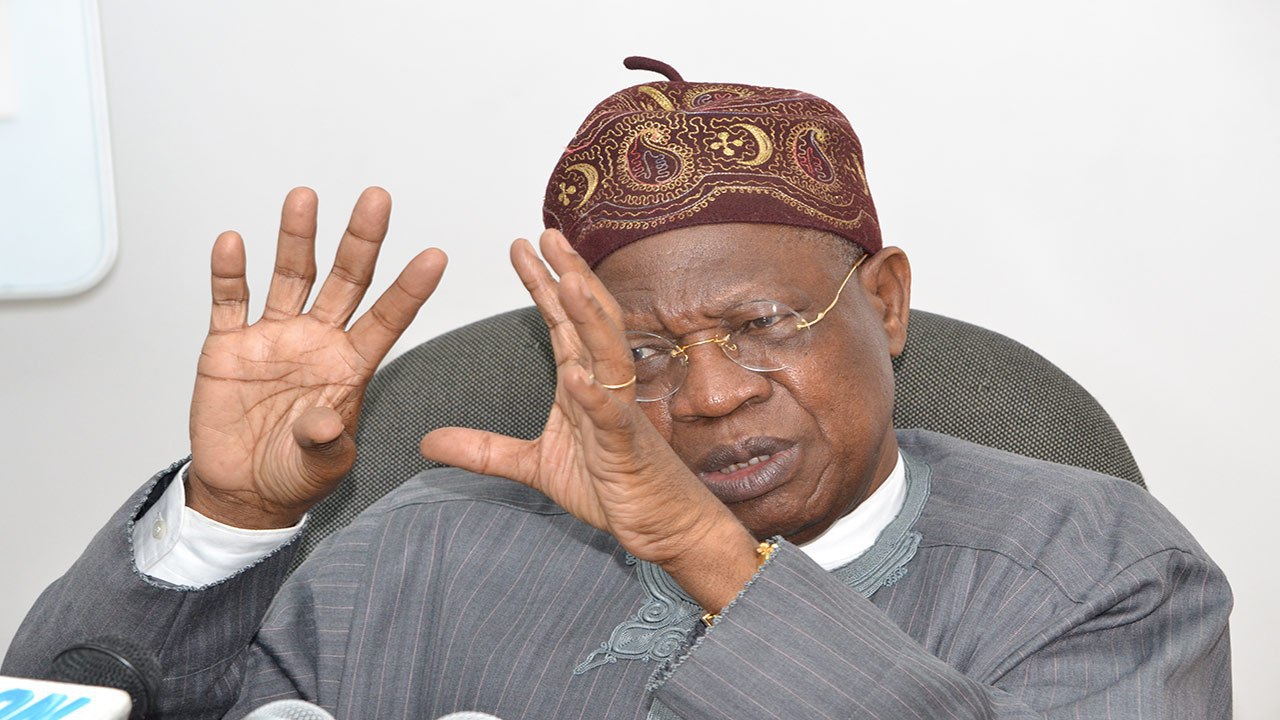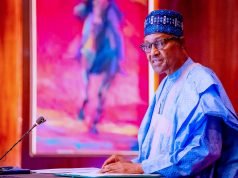
President Muhammadu Buhari-led Federal Government of Nigeria has started a war against fake news which may greatly affect the 2023 general elections in the country, joining hand with the tech giants, Meta and Google.
The government, today, February 3, signed agreements with tech giants to fight fake news for the purpose of protecting the integrity of the forthcoming general elections and other negative effects.
The agreements were reached at a meeting between the Minister of Information and Culture, Alhaji Lai Mohammed and representatives of Meta and Google.
At the meeting which was at the instance of the minister, the tech giants agreed to comply with four demands by the federal government, including an agreement to work with the government in flagging and bringing down posts that constituted fake news and disinformation on their platforms.
They also agreed to work with the security agencies to bring down posts capable of inciting violence before, during, and after the elections.
It was also agreed that election results not originating from official sources, should be flagged as unverified by the tech giants’ platforms.
They also agreed to make posts from official channels, like the Ministry of Information and Culture, INEC, National Orientation Agency, etc., prominent on their platforms.
The minister had earlier emphasized the importance of the elections to the country and the assurance by President Muhammadu Buhari to the nation and the international community on free, fair, credible, and peaceful polls.
He said that the use of social media is a critical factor in national elections of countries, including Nigeria with a predominantly youthful population.
Lai Mohammed expressed concern that 22 days before the elections, there has been a noticeable increase in the use of fake news and disinformation on social media platforms.
“There has been a gross abuse of social media platforms to purvey fake news and disinformation ahead of the elections. These unscrupulous people are resorting to the use of parody accounts, cloning of reputable media platforms and the use of deep fakes to carry out their nefarious activities.
“For example, candidates’ campaign speeches are doctored to portray them in a bad light, and video clips and pictures of campaign rallies are tampered with to make them look poorly attended.
“Fake or unscientific opinion polls are concocted, while threats of violence in certain parts of the country are exaggerated. All of these are then circulated via social media to a wide audience, with the aim of making their target candidates look bad, influencing public perception or even suppressing votes in certain areas.
“We have therefore invited you, platform owners, here so we can work together to reduce these negative tendencies before, during and after the forthcoming elections.”
Before Friday’s agreement with the Nigerian government, Meta had earlier announced that it has set up a cross-functional team spread across the world to monitor posts by Nigerians pre, during, and post-2023 elections in the country, especially on both Facebook and Instagram.






